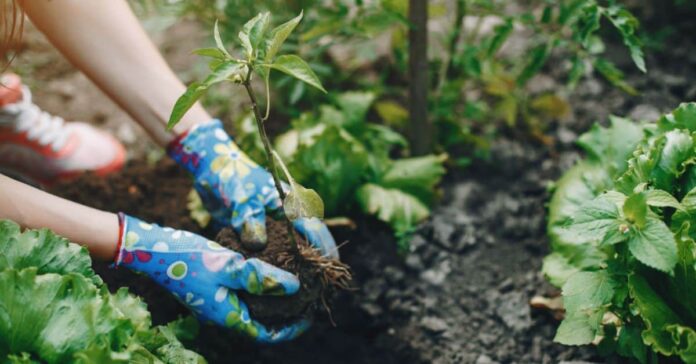You want to get into a new hobby, and you’ve decided to grow your small garden. There is a catch though – you’ve never grown one yourself. Even though it does seem like a lot to take in, do not be afraid to explore, ask, search, and experiment, and in time you can spruce it up! Here we have made you a little checklist as a helping hand in preparation for the first-time urban gardeners.
Find the best spot
Many plants need at least 6 to 8 hours of sun a day. Depending on the species, it might need diverse sun exposure, where morning or afternoon rays do make a difference. Your yard can be south or north-facing, east or west, and each of these makes a difference in garden design. North and south mostly impact the wind strength during seasons while east and west make a difference in the amount of sunshine. You should also check the impact of the surrounding infrastructure, as well as on existing plants. The amount of shade a plant has also greatly impacted its growth. Tomatoes, for example, need longer sun exposure to grow than other plants!
Choose the plants you want to grow
It is not the same whether you are growing vegetables, herbs, and flowers. Also, if you want to combine either of these, you’d again need to consider which go well together. Some plants like more sun, some prefer shade. The amount of moisture, the acidity of the soil, all of these are good to consider. There are good combinations of flowers, herbs, and vegetables – for example, lavender will keep many pests away from the surrounding plants because of its characteristic smell, although will not fail to attract pollinators that vegetables need.
Set up the foundation
If you are not certain about the soil quality or simply have a lot of concrete around your backyard, it is a good idea to consider constructing plant beds or vertical gardens. This way, you can ensure not only the soil with the perfect chemical parameters, but you are also preventing weeds! If considering a vertical garden for any reason – lack of space, urban architecture, or wishing to incorporate technology and grow organic, it is a good idea to explore the hydroponic garden. You could also try to incorporate some of the technology from the hydroponic supplies for the best, scientifically proven results, such as dripping systems or nutritional supplements.
Watering is the key
The main ingredient your plants will need after preparing the soil and the place for the seeds in water. The water source must be near or available to reach the garden – by a hose or a different irrigation system. Freshly planted seeds need water daily, and as the growth progresses the plants won’t need every day watering. Here it is important to mention that you should pay attention to rain and drought, as drought season could require a constant source of water. Furthermore, when the weather is hot, a top gardening piece of advice is to water later in the evening, when the earth gets colder, or in the early morning, to be certain that your plants received a needed amount of water.
Take care of your garden each day
Gardening is a hobby that requires attention, time, and diligence. You should make a habit out of watering and investigating – not all of them need constant attention like a pet, but that does not mean you will not be able to see small changes each day, especially once harvest season starts, or blooming season sends beautiful smells to your nostrils! When designing a garden, consider putting it somewhere you pass by or look at every day. If it is a trail, you’ll be able to spot a ripe fruit, a vegetable that needs pruning, or a flower that has wilted and needs to be cut out. If it is in the sight of your living room, you could even spend 10 minutes meditating while checking your plants out!
Share it with the wildlife and find your community!
If growing vegetables, the yield ripening means more potential guests interested in it! Bees, bumblebees, and butterflies are great pollinators, but wasps, birds, and ladybugs are a great pest control squad. Installing an additional décor in the bird fountain form, for example, will give your little helpers get the source of water and truly make them feel at home so they can help every day. Going organic will help the local wildlife as well as your health in the long run, and having ‘Animal planet’ 24/7 in your own home is not a bad trade as well, don’t you agree?






















